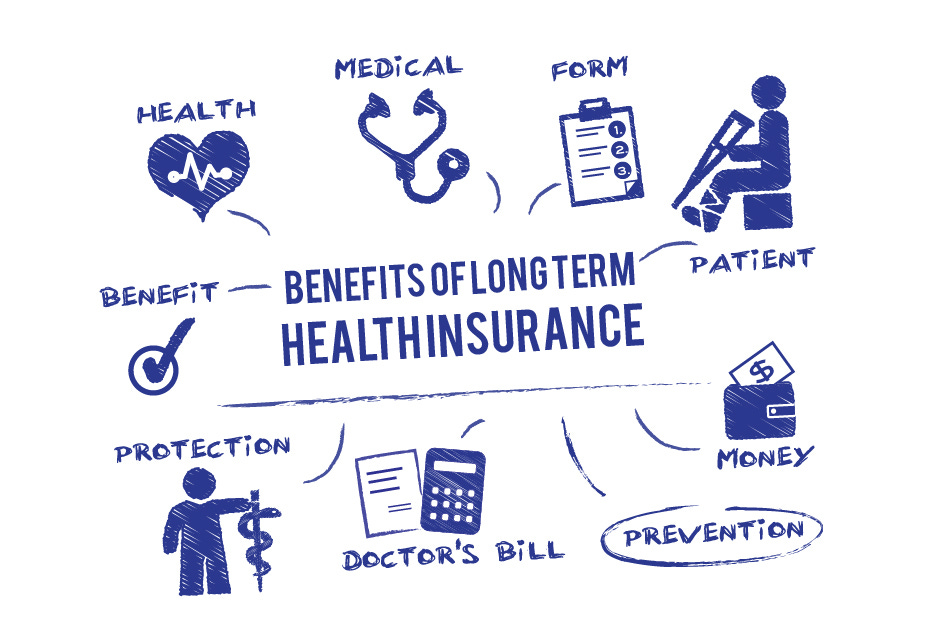The Health Insurance Sector and ChatGPT
Surely you’ve all heard of ChatGPT by now. If you haven’t, check it out – it’s incredible! For Health sector it is amazing.
Health insurance is a critical component of healthcare, providing financial protection to individuals and families in case of illness or injury. The health insurance sector is undergoing significant changes as technology continues to advance and new players enter the market. This article will explore the role of ChatGPT in the health insurance sector, examining how technology is shaping the industry and the challenges and opportunities that lie ahead.
Increased Use of Artificial Intelligence and Machine Learning
One of the most significant trends in the health insurance sector is the increased use of artificial intelligence (AI) and machine learning. AI is being used to automate many routine tasks, such as processing claims and underwriting, freeing up time and resources for more strategic tasks. AI is also being used to improve customer service, by providing real-time support and recommendations to customers.
In the future, AI is likely to play an even greater role in the health insurance sector, providing real-time, data-driven insights into customer behavior and helping to create more personalized experiences. Machine learning algorithms, in particular, will enable health insurers to better understand the needs and preferences of their customers, allowing them to provide more relevant and cost-effective products and services.
Digital Health and Telemedicine
Another trend that is shaping the future of health insurance is the rise of digital health and telemedicine. Digital health refers to the use of technology to improve health outcomes, while telemedicine allows patients to receive medical consultations and treatment from the comfort of their own homes. By leveraging digital health and telemedicine, health insurance companies can improve access to care and reduce costs for their customers.
In the future, digital health and telemedicine are likely to play an even greater role in the health insurance sector. As technology continues to advance, patients will expect more convenient and accessible care, and health insurers will need to respond by investing in digital health solutions and telemedicine platforms.
Challenges and Opportunities
While the future of health insurance looks bright, there are also a number of challenges and opportunities that the industry must navigate. One of the biggest challenges is staying ahead of the rapidly evolving technology landscape. Health insurance companies need to invest in the latest technologies and data analytics tools in order to remain competitive and deliver the best possible customer experiences.
Another challenge is adapting to the changing needs of customers. As technology continues to advance, customers are becoming more digitally savvy and demanding more personalized and convenient services. Health insurance companies need to respond to these changing needs by investing in digital transformation strategies and by leveraging data to create more targeted and relevant products and services.
The health insurance sector is undergoing significant changes as technology continues to advance and new players enter the market. AI and machine learning, digital health and telemedicine, and the changing needs of customers are some of the key trends that are shaping the future of health insurance. Despite the challenges that lie ahead, the future of health insurance looks bright, with many opportunities for growth and innovation. Health insurance companies that embrace change and invest in the latest technologies will be well-positioned to succeed in the years to come.


